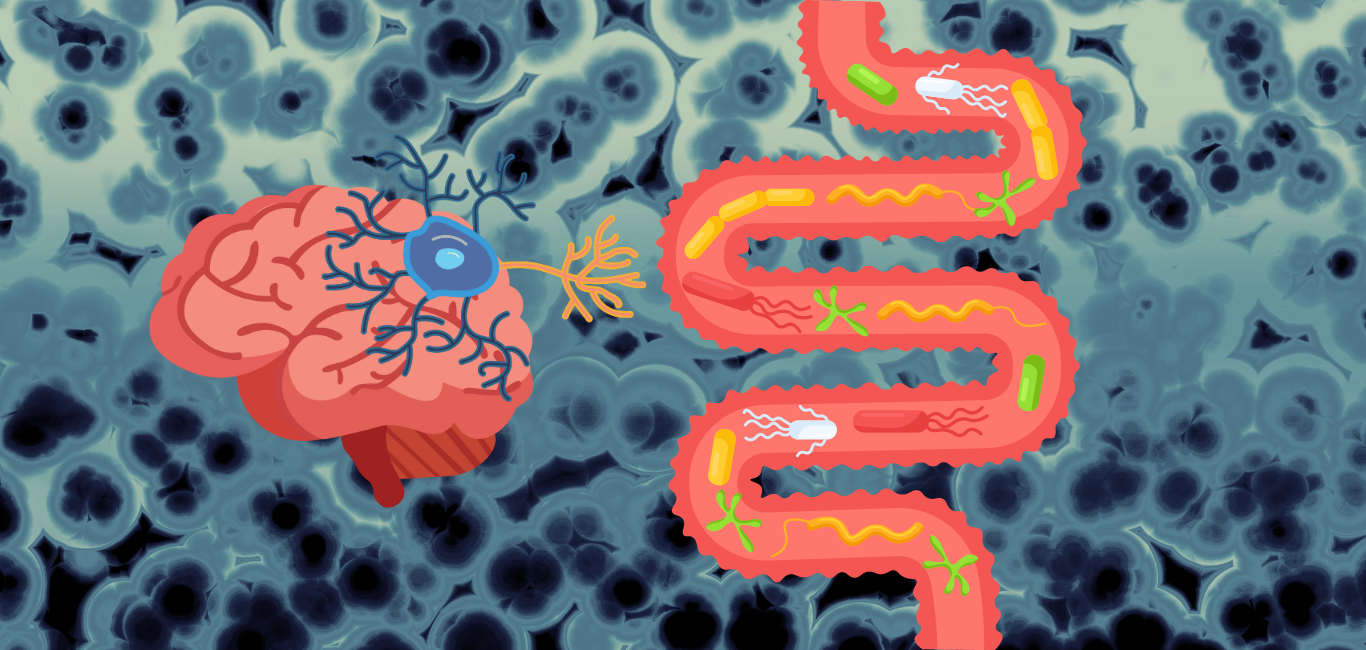
Researchers at the University of Chicago have developed a novel method of delivering butyrate, a compound produced by gut bacteria that play an important in maintaining a healthy gut barrier, to the gut.
The new method can potentially serve as a treatment for food allergies, inflammatory bowel disease, and other immune-related conditions.
The scientists did so by developing a special type of polymeric molecule called micelles that were designed to release a payload of butyrate.
They found that these micelles also masked the foul odour and taste of the compound – something that had plagued its use as an oral medication despite its known therapeutic benefit.
“We were delighted to see that our drug both replenished the levels of butyrate present in the gut and helped the population of butyrate-producing bacteria to expand,” Cathryn Nagler, professor in the Biological Sciences Division at the University of Chicago and a senior author of the study, was quoted as saying in the university’s news site.
Butyrate, diet and modern problems
Butyrate, a short-chain fatty acid, is naturally produced as a by-product in the lower intestine when bacteria such as Clostridia, Bifidobacterium, Faecalibacterium, Eubacterium, and Roseburia feed on the fibre in the food we consume.
Butyrate serves as nourishment for the cells that line the colon. It plays a crucial role in maintaining the health and functionality of the gut barrier, preventing bacterial products from crossing into the bloodstream where they could potentially cause inflammation.
However, researchers have found that our gut bacteria are not receiving sufficient fibre from modern diets, resulting in reduced production of butyrate. Many believe this has contributed to the increase in chronic inflammation-related conditions such as allergies, irritable bowel syndrome, rheumatoid arthritis, Parkinson’s disease, and even type 2 diabetes.
Making it easy to use
The therapeutic nature of butyrate has long been established, with several earlier studies finding that people with food allergies, inflammatory bowel disease and other chronic non-communicable diseases have lower concentrations of butyrate-producing gut bacteria. However, the nature of this compound made it hard to be used.
Apart from smelling and tasting bad, butyrate is immediately used up and does not linger in the gut. This is where the micelles produced by the researchers at the University of Chicago could be helpful.
The micelles in their research, also allowed a steady release of butyrate in the gut, making them an ideal delivery mechanism for the important compound.
Some happy outcomes
- In their study using mice models, the researchers found that the butyrate suspension also ensured an abundance of clostridium bacteria in the gut: these bacteria also produce butyrate.
- They also found that the micelles protected the mice from an anaphylactic reaction to peanuts, and reduced the severity of symptoms in a model of ulcerative colitis.
They now seek to try the butyrate-carrying micelles in larger animals and subsequently in human clinical trials to study their efficacy as a therapeutic.
Pursuit of a therapy
The researchers believe that the micelle technology can be adapted to deliver other metabolites and molecules as well, making it a potential platform for treating allergies and inflammatory gastrointestinal diseases.
Nagler and her colleague Jeffrey Hubbell have founded a company called ClostraBio to further build the technology and develop commercial treatments starting with peanut allergies. The firm is also working with the US Federal Drug Administration on a new drug application and plans clinical trials in patients with ulcerative colitis within two years.
“…[O]ur initial proof-of-concept in peanut allergy could be readily extended to other food allergens, such as other nuts, milk, egg, soy and shellfish. Additionally, this approach may be applicable to inflammatory bowel disease and other diseases caused by hyperinflammation along the GI [gastrointestinal] tract,” the authors write.

















